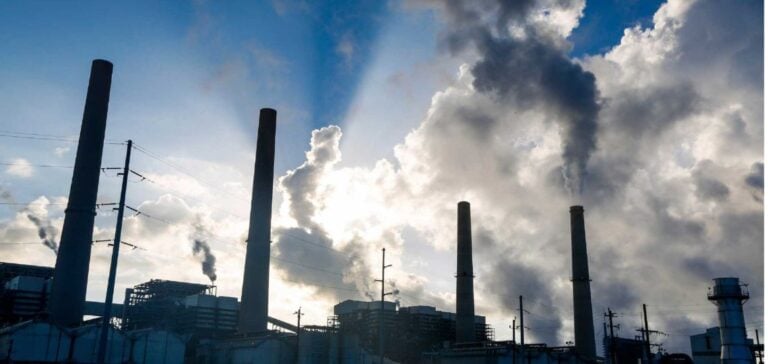London think tank Carbon Tracker points out that the UK’s Carbon Capture, Utilization and Storage (CCUS) plan faces major challenges. According to the report published on March 13, the costs of deploying this strategy have more than doubled since 2020. This significant increase, attributed in part to inflation, calls into question the economic viability of the program.
Cost analysis
The UK government had initially set ambitious targets, aiming to capture between 20 and 30 million tonnes of CO2 per year. In addition, the UK has earmarked a further £22 million for renewable energies. However, Carbon Tracker believes that actual demand for this technology may be lower than initially forecast. Rising costs, combined with lower potential demand, raise concerns about the program’s profitability. It seems that, despite the £1 billion earmarked for industry in the UK to achieve carbon neutrality, there’s still a long way to go.
The report also highlights the technical challenges associated with certain applications of CCUS technology. For example, in the steel sector, Carbon Tracker recommends abandoning carbon capture plans, arguing that producers are already turning to alternative technologies such as electric arc furnaces. This transition to more sustainable production methods could reduce the need for CCUS in certain industrial sectors.
Perspectives and reactions
In the face of this criticism, the British government is defending its CCUS program as an essential component of its climate strategy. In particular, it underlines the crucial role of carbon capture in reducing greenhouse gas emissions, in line with carbon neutrality objectives.
However, Carbon Tracker’s comments underline the need for the government to review its strategy and focus its resources on higher value-added applications, such as cement and hydrogen. This strategic reorientation would optimize the effectiveness of investments in emissions reduction, while ensuring long-term economic competitiveness.
In response to the criticism, a spokesperson for the UK Department for Energy Security and Carbon Neutrality stressed the importance of CCUS in ensuring the country’s energy security. He also stressed the essential role of this technology in the transformation of sectors such as steel, cement and chemicals.
Criticism of CCUS’s UK plan highlights the challenges facing the transition to a low-carbon economy. As the UK strives to reduce its emissions, it is imperative to strike a balance between climate imperatives and economic realities. Revising and adapting CCUS strategies is therefore essential.






















